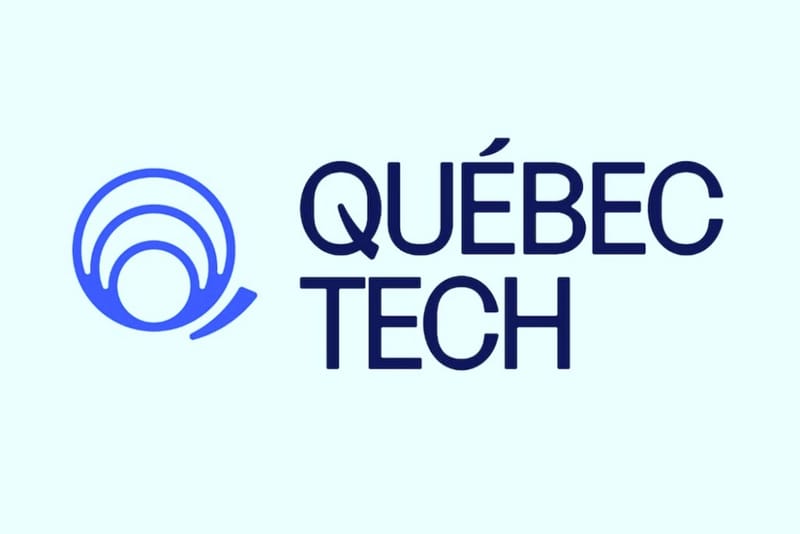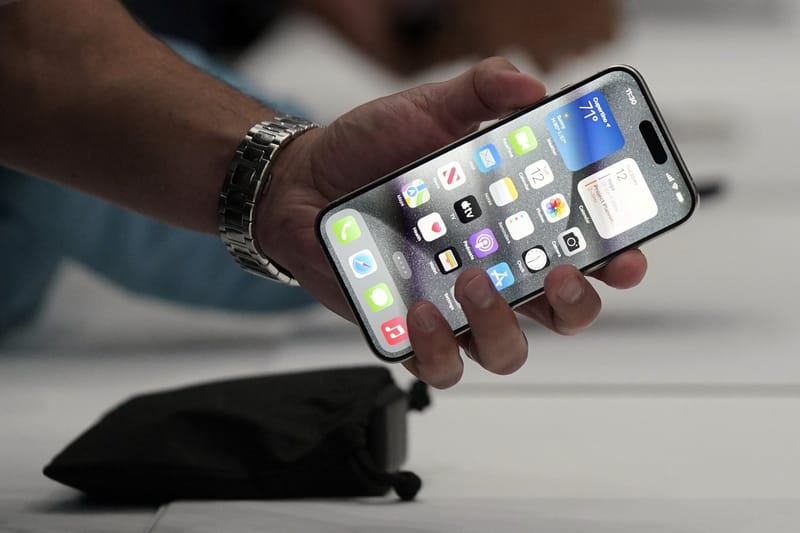Apple to unveil iPhone 16, new AI features. Here’s what to expect
Apple’s ubiquitous iPhone is about to break new ground with a shift into artificial intelligence that will do everything from smartening up its frequently dim-witted assistant Siri to creating customized emojis on the fly.

Apple's iconic iPhone is set to make a significant leap into artificial intelligence, enhancing features like its often criticized assistant Siri and introducing real-time, customized emojis.
This new phase will be announced on Monday at an event in Cupertino, California, in an auditorium named after Apple co-founder Steve Jobs, who introduced the first iPhone in 2007 and famously predicted it would transform society.
Since then, Apple has sold billions of iPhones, generating approximately $3 trillion in shareholder value. However, recent models have seen mostly incremental updates, leading to a decline in new iPhone sales and prompting customers to delay purchases.
The iPhone 16 is creating considerable excitement as it will be the first model specifically designed for AI, promising a major shift in the industry similar to the transformation Apple experienced 17 years ago when Jobs launched the smartphone.
Wedbush Securities analyst Dan Ives suggested that the innovations in the iPhone 16 might position Apple as “the gatekeeper of the consumer AI revolution.”
Apple began hinting at this shift three months ago during a developers conference, setting the stage for the upcoming announcement.
Since then, competitors like Samsung and Google have advanced their AI technologies, with Google even releasing its latest Pixel phones with enhanced AI features a month earlier than usual to compete with Apple’s iPhone 16 launch.
To differentiate itself, Apple is branding its new AI capabilities as “Apple Intelligence.” Despite this, Apple Intelligence shares similarities with the AI features on Google’s Pixel 9 and Samsung’s Galaxy S24, which were released earlier this year.
A significant aspect of Apple’s approach is performing most AI tasks directly on the iPhone rather than through remote data centers. This requires a specialized processor, which will be featured in both the new iPhone 16 and the high-end iPhone 15 models released last year.
As a result, investors are expecting strong demand for the iPhone 16, which has already driven a 13% increase in Apple’s stock price since the company previewed its AI strategy in June, adding nearly $400 billion to its market value.





